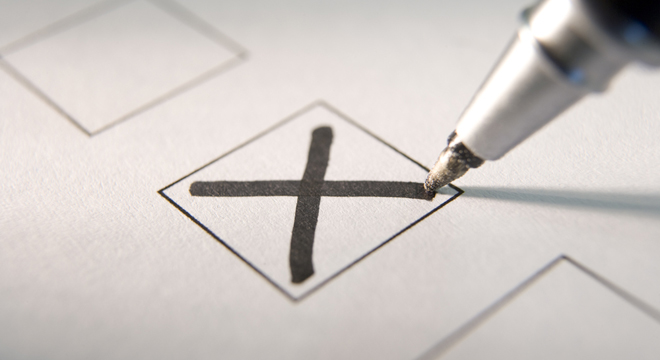Want to vote in an election in South Carolina but don’t have a photo ID? Lawyers for the state say it will be as easy as explaining why and then casting your ballot.
In paperwork filed on Friday in federal court, South Carolina’s lawyers defended the state’s voting laws by saying anyone without a proper photo identification would still be allowed to vote by simply explaining what “reasonable impediment” kept them from getting an ID.
The filing came after a panel of judges in Washington, D.C., quizzed the attorneys last week about what South Carolina meant by the term “reasonable impediment.” In essence, the state’s attorneys said, defining the term is up to each individual voter.
The answer comes as the judges are weighing whether to let the law go into effect. South Carolina’s lawyers said the state will implement the law, known as R54, in time for the November elections if the judges give it the green light. Closing arguments in the case will not take place until Sept. 24 and a decision isn’t likely before Oct. 1, giving the state little time to educate voters about the law.
No worries, says South Carolina. Voters who lack photo ID will be allowed to sign an affidavit stating they had a “reasonable impediment” and then will be given a provisional ballot to cast.
The judges, who are examining whether the law should be precleared under Section 5 of the Voting Rights Act indicated they were also worried it might be administered differently throughout the state and that the language of the law allowed state officials too much flexibility to interpret it differently.
South Carolina tried to alleviate such concerns with its latest filing. While affidavits normally must be signed by a notary, the state’s top elections official testified she wouldn’t allow notaries to charge for signing “reasonable impediment” affidavits. The state also said its top elections official, Marci Andino, could tell poll managers to witness the signing of the affidavits if a notary isn’t available and instruct county elections boards to count such ballots.
The new law, the lawyers said in the filing, “ensures that anyone who could vote under the benchmark law — by presenting a driver’s license, state photo ID, or non-photo voter registration card — can still cast an effective ballot following preclearance and implementation.”
A separate panel of federal judges blocked a Texas voter ID law last week but noted that other states covered by Section 5 might have their voter ID laws precleared “if they ensure (1) that all prospective voters can easily obtain free photo ID, and (2) that any underlying documents required to obtain that ID are truly free of charge.” The Justice Department also precleared a Virginia law that required non-photo forms of identification.






